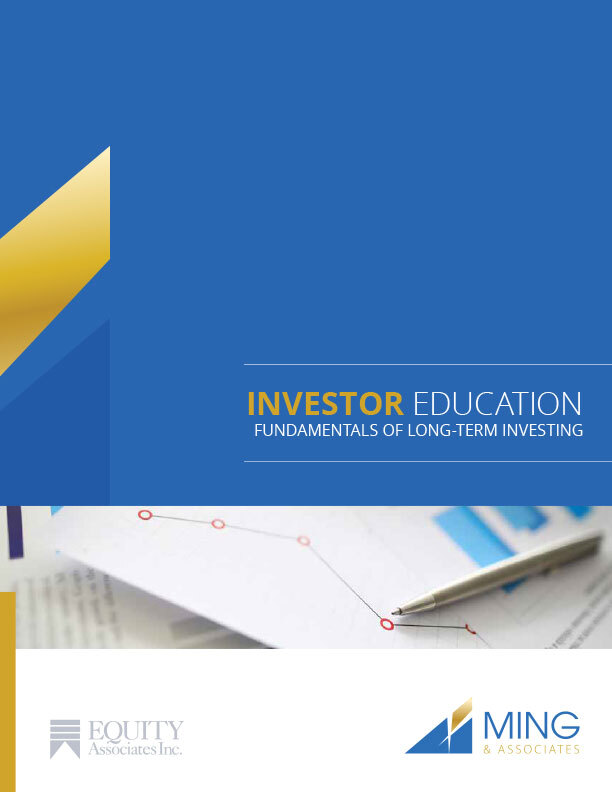ETF’s or Exchange Traded Funds have grown significantly over the past decade to the point where they are now a mainstream product. We are often answering questions about ETF’s so we thought we would provide an update here:
First: What is an ETF?
In general, most ETFs are passively managed investments designed to track the performance of a particular index by investing in the same securities as the index. They’re similar to traditional mutual funds in that they hold a variety of securities in one investment. However, most traditional mutual funds are actively managed – meaning their managers actively select holdings that are different from those included in the index in an effort to achieve a higher return or exhibit lower risk than a benchmark. In addition, unlike other types of mutual funds, ETFs trade on an exchange, like a stock – and therefore experience price changes throughout the day.
Second: Should you invest in ETF’s?
As with any investment, you need to consider if it is the proper fit for you. ETF’s have grown so much in popularity and there are so many offered that they are now as complicated to understand and research as stocks, bonds and mutual funds. The key attraction to ETF’s is their low cost combined with instant diversification. Like individual securities or mutual funds, the challenge remains in putting together a portfolio that suits your individual preferences and meets your long-term goals. In this way an ETF should be looked at as a tool to help you build a portfolio to meet your goals.
Third: The bottom line
A number of the portfolios we recommend now include ETF’s. In fact, BMO now offers portfolios that hold only ETF’s. With more options than ever available, we feel that if a portfolio that includes ETF’s can give the investor the required diversification and still deliver strong long-term returns at a lower cost, then they should be used.
